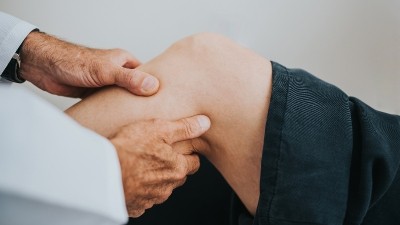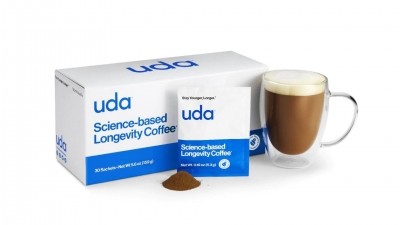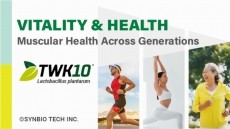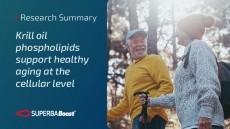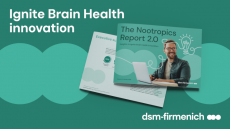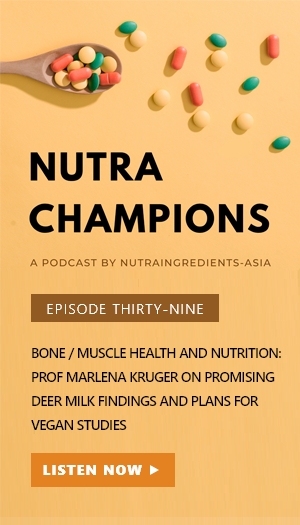Healthy ageing: Global competition to reward $101m for muscle, cognitive, and immune solutions
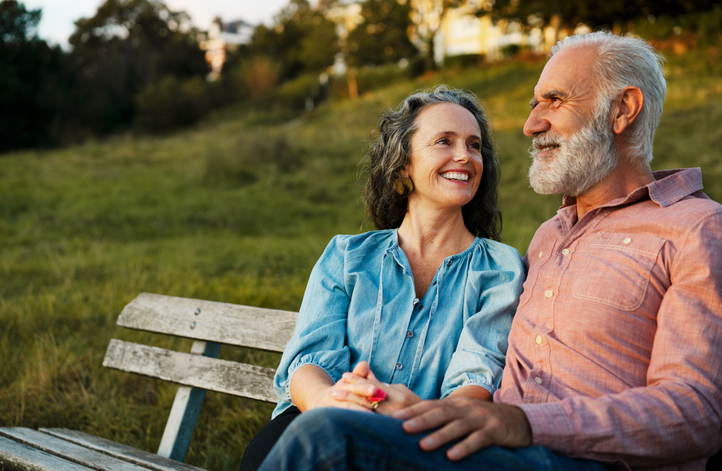
Assistant professor Jamie Justice, executive vice president of the Health Domain at XPRIZE Foundation, announced the launch during the “Unlock Healthy Longevity Supplements Conference” organised by National University of Singapore Yong Loo Lin School of Medicine earlier this month.
This is a seven-year competition that seeks to revolutionise ageing and is opened for submissions from July 2024, where participating teams will need to present the interventions that they plan to test on.
The types of interventions qualified for the competition could range from lifestyle adjustments, supplements, nutraceuticals, biologic, devices, to repurposed drugs.
They should be designed to improve muscle, cognitive, and immune function in seniors 65 to 80 years old who are free of life-threatening or major disease and disability.
Forty semi-finalists will be chosen in early 2025 and they will be expected to run proof of concept clinical studies that last for 30 to 60 days.
The last stage of the competition will see the selection of 10 finalists that will conduct a one-year clinical study involving 40 to 200 participants on their proposed interventions. The clinical study will need to include both the test and control groups.
The $101m award will be given out in stages.
The first US$10m will be given to the 40 semi-finalists and another US$10m to the 10 finalists.
The ultimate winner will be given either US$61m, US$71m, or US$81m, if they could restore muscle, cognition, and immune function by either 10 years, 15 years, or 20 years respectively, in seniors aged 65 to 80 within a year or less.
“Our global population is ageing. And this is far from a gloom and doom situation. This is actually a sign of great success and incredible opportunity.
“But innovative solutions are needed urgently to address age-related declines that often accompany advanced years,” said Prof Justice on the reason for launching the competition.
XPRIZE is funded by Hevolution – a non-profit organisation headquartered in Riyadh, SOLVE FSHD – a venture philanthropic organisation to catalyse innovation and accelerate research in finding a cure for FSHD, Senegence specialising in the health and beauty sector, and individual sponsors.
The ultimate winner will be announced in year 2030.
Translating benefits from pre-clinical trials to humans
There is a distinct biology to ageing and therapeutics of various kinds could be used to extend healthspan and lifespan at least in preclinical and animal models, and the purpose of the competition is to translate the benefits to humans.
“There are various things that have shown promise in some animal models but the big question is, how do we then test these in humans?” said Prof Justice, who is also the adjunct professor in Internal Medicine Section on Gerontology and Geriatric Medicine, and Sticht Center on Healthy Aging and Alzheimer’s Prevention at Wake Forest University School of Medicine (WFUSM).
The proposed interventions should be able to demonstrate improvements in the following three measurements: 1) function, 2) biofluid biomarkers, and 3) muscle mass for muscle health, imaging for cognitive health, or immune cell subset for immune health.
For instance, muscle health interventions should be able to demonstrate improvements in muscle function as seen in the six-minute walk test, lower body strength, as well as improvements in muscle mass, and biofluid-based biomarkers.
Those targeted at cognitive function could address memory, processing speed, executive functioning, sensory perception, imaging if possible, as well as other biofluid-based biomarkers.
Half of pre-registered teams proposed a mix of interventions
Participating teams could offer a combination of interventions and 50 per cent of the pre-registered teams have opted to do so.
“These teams can be proposed to do therapeutics, either alone or in combination, and about 50 per cent of our teams are proposing some kind of combination,” said Prof Justice.
So far, over 240 teams from 38 countries across six continents have pre-registered to enter the competition as of early March.
Most of the proposed interventions involved lifestyle adjustments (17 per cent) including dietary modifications, followed by new drug interventions (15 per cent), and biologics (12 per cent).
Another 11 per cent and 10 per cent will assess the effects of supplements and nutraceuticals.
The remaining interventions proposed include the use of devices, stem cell therapy, repurposed drugs, and gene therapy.
Bonus prize FSHD
An additional US$10m bonus prize will be awarded to a winning solution that could restore lost muscular function due to Facioscapulohumeral Muscular Dystrophy (FSHD) in one year or less.
The target audience are middle-aged and older adults with genetically confirmed FSHD.
The condition is said to be the third most common type of muscular dystrophy. Individuals with FSHD suffer from an asymmetric and progressive muscle weakness, fat infiltration, and muscle loss.
Current treatments focus on reducing fat infiltration in muscle and corresponding improvements in muscle function.
To win the prize, the winner should demonstrate a 20 per cent reduction in muscle fat fraction in the intervention group versus the control group.
The winner should also show a 25 per cent improvement in at least three of the functional tests stipulated by the organiser, including mobility, lower body strength, upper body function, muscle mass, and biofluid-based biomarkers.



